Proving Your Supernatural Encounter
Here’s your chance to help Paul and Joel Hynek develop an extended classification system to augment the famous Close Encounter (CE) classification system developed by their father, Dr. J. Allen Hynek.
(This interview is based on a workshop that was presented at Contact in the Desert.)
First, let’s begin this article with some quick background information on the Hyneks. Paul is the Chairman of the Advisory Board of MUFON, and was a consultant on the History’s channel’s Project Blue Book series. He’s an entrepreneur, a Wharton MBA, and professor of business at Pepperdine University. Paul is a frequent speaker on the subject of UFOs and currently serves as the CFO for the Hollywood Disclosure Alliance.
Joel is a two-time Academy Award winner, one for Best Visual Effects, and also the Academy’s Scientific and Engineering Award. He has worked on over 30 films since 1980. These movies include: The Matrix, What Dreams May Come, Predator, The Italian Job, The Mummy: Tomb of the Dragon Emperor, among many others.
Both Paul and Joel are prominent figures in the entertainment business.
I found the topic of their presentation at the 2024 Contact in the Desert Conference to be fascinating—and I think it’s just a few steps away from being a very important contribution to ufology. I reached out to Paul and he was more than happy to elaborate further on the workshop and tactics for obtaining verifiable evidence.
Bernie O’Connor: Thank you for consenting to this interview, Paul. I know the readers of THE OBSERVER will be very excited to learn about your classification project.
Paul Hynek: Sure Bernie, glad to be here with you today. What would you like to know?
Bernie: In your workshop, you stated the following as your purpose of your project: “Our goal is to develop a protocol to ask people who have had supernatural experiences to get objective reality information.” How do you define the supernatural? It’s used as a very broad, blanket term, covering a wide variety of paranormal and Fortean pursuits. Can this new classification system be applied to other reported phenomena besides UFOs?
Paul: Another word I use for “supernatural” is meta-terrestrial. And yes, it is intended to include all manner of experiences that are out of what is considered to be normal terrestrial experiences. It’s for all manner of supernatural encounters with claimed interactions with ostensibly superior intelligence entities.
Bernie: Why substitute “supernatural” for “meta-terrestrial”?
Paul: “Supernatural” has a lot of accrued baggage and leans towards ghosts and psychic phenomena to the exclusion of extraterrestrials. Meta-terrestrial is a more neutral and inclusive term in my mind.
Bernie: Why do you believe we need for a new way to collect data from UFO experiencers? How does this method differ from the tactics that groups like MUFON use to collect witness data?
Paul: What happens now is that if someone reports a UFO to MUFON, they fill out the form in a reactive fashion. Our idea is to inculcate in various experiencer communities a proactive approach that attempts to influence the encounter to collect science-friendly, unambiguous evidence of contact with entities who possess superior intelligence. Mainstream scientists simply don’t know what to do with star maps, warnings about nuclear risks, and tales of far off planets. Instead, experiencers can ask specific questions beyond a normal human’s ability to answer—mathematical, near future events, astronomical facts,—and come back with quantifiable answers.
Bernie: Your father, Dr. Hynek, said that he “didn’t investigate UFOs, he investigated reports of UFOs.” So essentially it was a witness-centric, “just the facts, ma’am” approach. Does your proposed system explore experiencers’ emotional responses?
Paul: The witnesses’ emotional components are an important factor in determining what my father estimated the credibility of the witness to be, but it doesn’t speak to verification of the objective reality of their encounter. Our protocol is designed to be an overlay on our father’s CE classification system that speaks specifically to the nature and strength of unambiguous evidence.
- Famous for his ground-breaking Close Encounter (CE) classification system, Dr. Hynek also coined the following terms: Daylight Disc, Nocturnal Lights, Radar-Visual and, every Fortean’s favorite: High Strangeness.
- The Hyneks hosted many UFO luminaries as dinner guests. Among them was the famous abductee, Travis Walton, and Reverend Gill, key witness in the famous Papua New Guinea sighting of June, 1959. Then on a two week long cruise, a fellow passenger made a special request to sit at the Hynek’s meal table. The passenger’s name was Neil Armstrong. He and his family sat with the Hyneks for the whole cruise.
- In private, and still a consultant to the program, Hynek referred to Project Blue Book as the: “Society for the Explanation of the Uninvestigated.”
- In the late fifties, Dr. Hynek was at the Harvard Smithsonian Astrophysical Observatory to set up 12 Observatories around the world. Today, that same position is occupied by Professor of Science and Ph. D, Avi Loeb, a theoretical physicist and a strong proponent of the existence of extraterrestrial life.
- Legend has it, that due to a travel delay to Winnipeg, Canada, Dr. Hynek was running late for a talk on UFOs. In his rush, he forgot the notes he made for the presentation. Upon taking the stage, he greeted the audience with, “UFOs are very interesting. I shall now take questions.” The talk went extremely well.
- Several years before the Maharishi Mahesh Yogi met the Beatles, he was a tenant of the Hyneks. The Yogi wrote personalized Mantas for the whole family, including the children.
Bernie: What’s the problem with scientists not accepting UFOs as a serious subject of study? How do we change their minds about ufology?
Paul: I don’t begrudge scientists for pooh-poohing UFO’s or other phenomena. I don’t see a united dogmatic intellectual shield wall against the heretics. I see scientists as busy people working on their own projects. They hear all kinds of stories about aliens, ghosts, what have you, but what exactly do we expect them to do with grainy photographs and fantastical reports? The way to change their minds is to present them with evidence they understand.
Bernie: The abduction phenomenon is a controversial and wide ranging topic. Abductees endure painful medical exams, physical and sexual abuse, emotional duress and often ongoing harassment from skeptics and the media. How would your search for objective reality help these experiencers?
Paul: For experiencers who endure trauma not only from the encounter itself, but the all-too-common ridicule they face when coming forward, many of them would feel enormous relief if they were able to show quantifiable evidence, aka verifiable data, beyond their verbal account that what they claim to have happened actually did.
Bernie: How do you propose to communicate with entities that we don’t share a common culture with? What kind of questions would you ask to prove an event like this happened?
Paul: Good question. The movie The Arrival showed just how difficult it can be to communicate with aliens. As does this cartoon I made:
Bernie: Your cartoon really cracks me up, Paul. But please continue.
Paul: Perhaps the best questions to ask an entity that we feel to have far superior intelligence are:
Do you want to help demonstrate to the world at large that you are real?
How can we demonstrate that you are real? Physical objects? Sit down interview? Solving the Millennium Math Prize Problems?
Another idea we have involves carrying a random “PIN NUMBER,” or what we would call a verifiable evidence (VE) PIN, that only you know. Then when you encounter an entity of supposed superior intelligence, or an entity that claims to have “supernatural powers,” you ask it to give you the number. If it can do that correctly, that’s a big step in the right direction in establishing a quantifiable objective reality. Or, put another way, verifiable evidence.
Bernie: Do you think people can build up a proactive skill set in anticipation of an alien encounter so different types of provable data can be captured during the encounter?
Paul: Yes, if we can inculcate in the experiencer community the idea that, if they have one of these encounters, they must have a prepared attitude and method of collecting demonstrable evidence. It’s akin to the training for a lucid dream—being aware that things that are happening in a dream aren’t possible, and then realizing that you’re having a lucid dream. Then perhaps trying to ask the entity if they would like to provide evidence of their objective reality. Adopting the mindset of a reporter in real time. These are the experiences where having the presence of mind to collect a certain type of evidence could make all the difference.
Bernie: Can you please explain the three levels of verifiable evidence you have termed: “convincing, compelling, and curious?” What is the breakdown of the seven categories of verifiable evidence you are seeking to prove the reality of a UFO experience?
Paul: Sure, they are the following:
Convincing: Not “proof” as that’s a mathematical term, but accepted by a majority of unbiased and informed reviewers and subject matter experts to not only be unidentified but to seem to not be of conventional origin.
Compelling: Intriguing to scientists, not easily dismissed, but not sufficient in and of itself.
Curious: Can pass some level of examination, and prompt further study.
As for the seven verifiable categories we are proposing, please refer to the chart Joel and I have developed:
Bernie: Do you have any scientists who are willing to work with you on this new classification effort?
Paul: The protocol is still a work in progress, and once we get it ready for prime time, we will approach scientists with whom we have relationships. I believe that we could get the likes of Neil deGrasse Tyson, Michael Shermer, and Seth Shostak to take these reports seriously and lean into the phenomena more than they have before. It’s this more productive series of interactions between experiencers and scientists that I think will help propel us forward into an expanded understanding of our universe. And yes, our father was well-known for UFOs, but to our family, he was a scientist, and we’re very comfortable dealing with scientists.
Bernie: Overall, how was your workshop at Contact in the Desert received?
Paul: My brother Joel and I got a lot of positive feedback from it. We also got many good suggestions and ideas from the attendees. Being this is an evolving work in progress, we are always open to any new input that can contribute to the success of our project.
Bernie: Do you think the entities that experiencers, contactees and abductees report communicating with are telling us the truth regarding who they are, where they come from, and why they are here? Is there any way for us to verify what they claim?
Paul: Verifying their veracity could prove to be significantly more challenging than demonstrating that they are real. We can record the presence of a pink elephant, but have no idea where it came from.
Bernie: I know our readers would be very interested in your and Joel’s take on the UFO situation. Do you have a pet theory as to what UFOs are? Where do they—and their pilots—come from?
Paul: Both Joel and I, like our father, feel that there may be some inter- dimensional component to the phenomenon. The extraterrestrial hypothesis just doesn’t seem to account for everything.
Bernie: How do our readers get in touch with you with suggestions and ideas to help you reach your goal of a new classification system?
Paul: Any and all suggestions are welcome from your readers, as we are continually working on the protocol. I can be found on X (Twitter): @paulhynek.
Bernie: Thank you again for your time today, Paul. I know our readers wish you and Joel much success. And please keep us posted on your progress.
Paul: Sure Bernie, I will, and thank you.
BERNIE O'CONNOR Grew up in a haunted apartment building in New York City and was introduced to paranormal hi-jinks at a very early age. The Twilight Zone, along with a steady diet of black and white, Grade B, sci-fi movie reruns and a 1966 paperback edition of Frank Edward’s Flying Saucers-Serious Business set him on a life long skywatch for the one-eyed, one-horned, flyin' purple people eater. In one of his more fun adventures, he was the editor of Official UFO Magazine. Reach him at: bernieolooksforufos@gmail.com





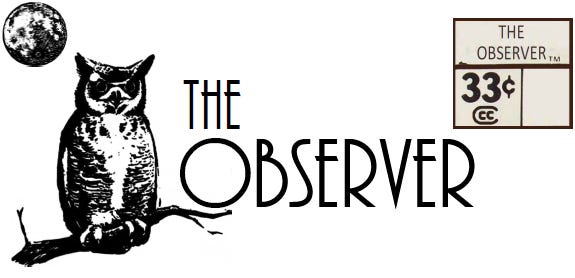



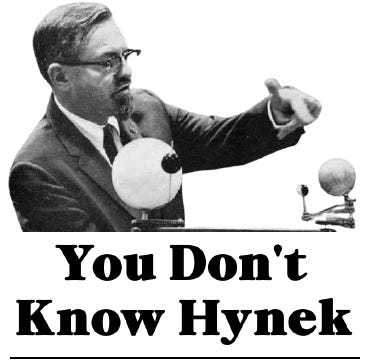

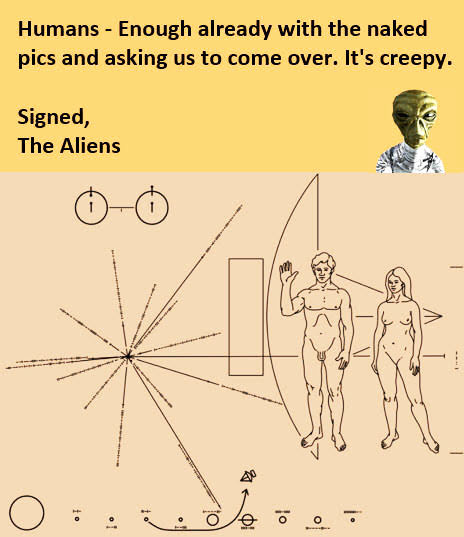
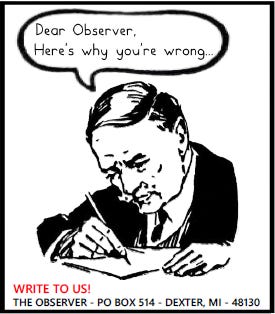
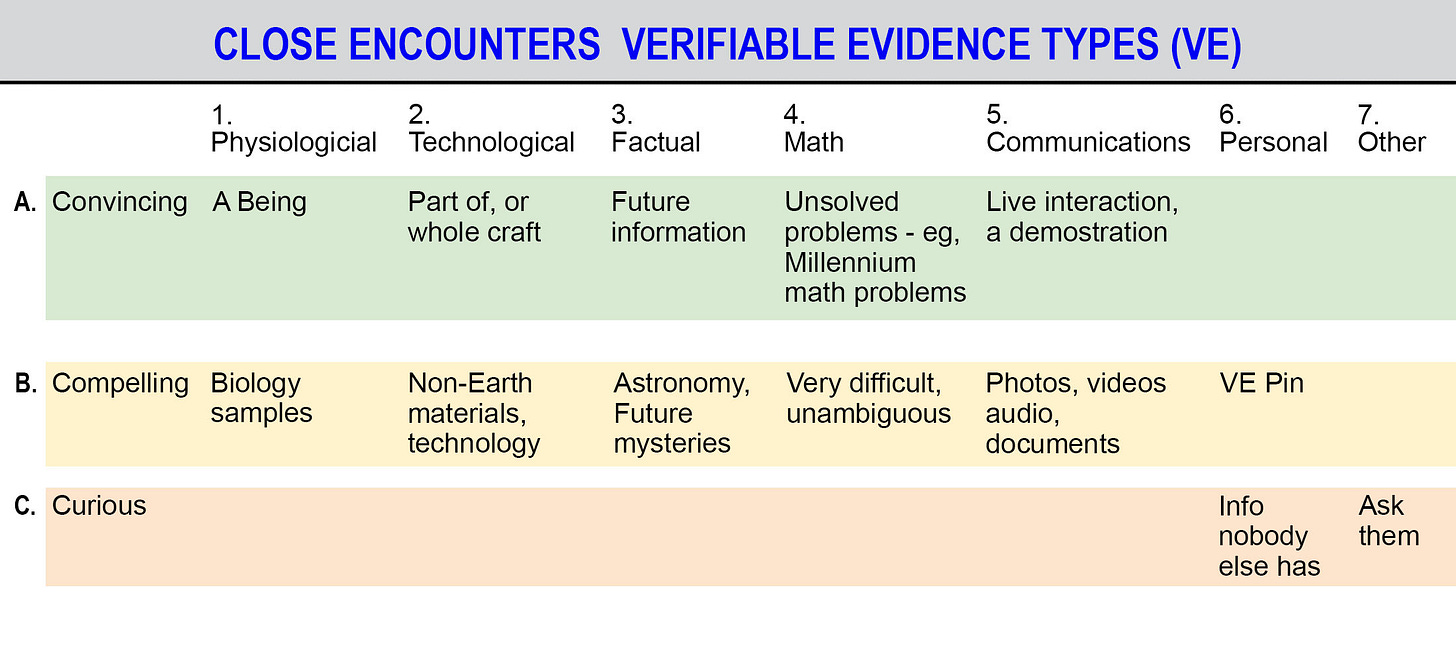


Love the acknowldgement of the inter-dimensional component here as I have and will continue to champion the idea that alients are inter-dimensional as much as they're inter-planetary, that angels and aliens and fairies etc. are all just different names for the same beings.
The problem of trying to ascertain the "objective reality" of a close encounter multiplies many times fold once you learn of cases in which one witness clearly observes a UFO while another person who may be standing right next to them sees nothing.
Even in the famous apparitions of Fatima, the observation of "the Lady from the Sky" could be put into question, since only the children saw her (and only Lucia was able to communicate with her) while the many devotees gathered with them at Cova da Iría reported other phenomena--a buzzing sound, a small white cloud placed right above the oak tree where the children were kneeling, etc.
Until we get a more comprehensive notion of how our brains make up the consensual illusion we call "Reality," obtaining 'compeling' evidence from witnesses that will move scientists to take UFOs more seriously will be extremely difficult.